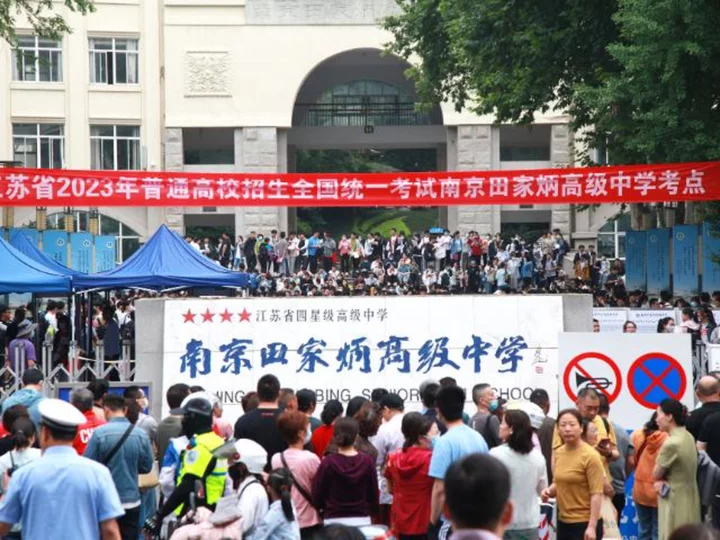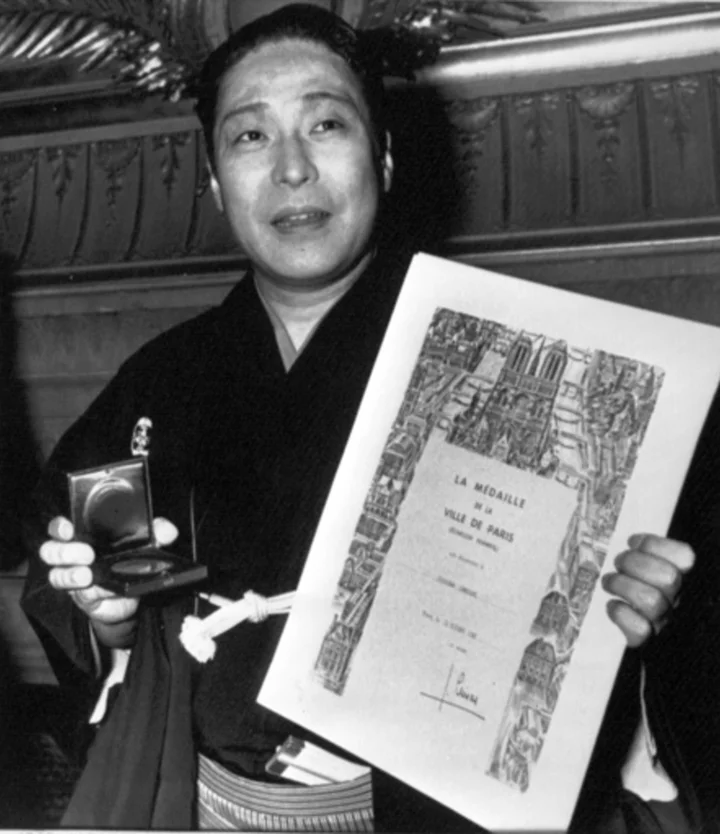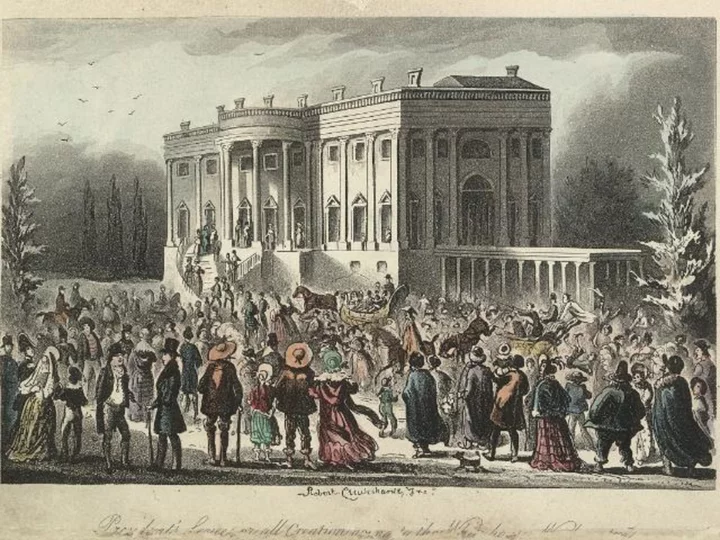Liang Shi, 56, has by many measures led a successful life. He worked in various different industries, eventually opened his own business, got married and had a son.
But there's one goal he hasn't yet achieved, though not for lack of trying: getting a good enough score on China's college entrance exam to enter a top university.
Liang took the grueling two-day exam, known as the "gaokao," in early June alongside nearly 13 million students nationwide. It marked his 27th time taking the gaokao, having been unsatisfied with his score each time since he first sat the exam 40 years ago.
Students' exam results are their only criteria for college admission -- and most candidates only get one shot, with the test happening once a year.
Liang has been the outlier, making national headlines for his persistence.
But it has so far failed to pay off; after completing the gaokao, he filmed a video on Douyin, China's equivalent of TikTok, saying he was "not very satisfied" with his performance.
"It may be a little difficult if I want to go to a good university this year," he said in the video.
The results, released on Friday, confirmed his fears. He had scored 428 points out of the total 750 -- lower than his results the previous year, and not enough to get into most colleges, let alone an elite one like Sichuan University, which he's been eyeing for decades.
"I'm so disappointed now, so disappointed. I think the score cannot be as bad as this," he said in a social media livestream hosted by local media outlet Sichuan TV, which showed him opening his result in real time.
"Although I thought this test was a bit of a failure, I didn't think I'd get lower than last year's score anyway."
The gaokao covers four subjects: Chinese, math, English, and either the sciences (physics, chemistry and biology) or liberal arts (politics, history and geography). In the livestream, Liang said he felt "disappointed in all subjects," but especially in the Chinese and liberal arts subjects.
A lifetime of trying
Liang, a Sichuan native, took his first gaokao as a young student in 1983 but failed to meet the minimum score for college admission, according to state-run outlet China Daily. He tried for the next two years, with similar results.
In the following decade, he went to a technical school, but quit shortly after. He did other odd jobs, worked at a timber factory and got married. But through it all, he kept studying for and occasionally taking the gaokao -- even getting high enough scores in 1992 to enter a university in Nanjing, according to China Daily.
But, unsatisfied, he turned down the offer and continued trying.
After aging out of the gaokao eligibility requirements, he stopped taking the test for several years, working as a salesman before opening a successful factory, China Daily reported. Then in 2001, the government scrapped the age limit for the test, allowing him to resume -- sporadically at first, then with stubborn consistency.
He has now taken the gaokao every year since 2010.
He had worked hard this past year, leaving home at 8 a.m. to study at a friend's tea house and not returning home until late at night, according to China Daily. He'd even accepted that Sichuan University might be out of reach, deciding to attend any "key university" that would accept him.
But he sounded defeated on Friday as he reviewed his results. He didn't know whether he would take the test again in 2024. "If I can't reach my goal next year, I may give up too," he said.
"I believe I am OK in every aspect, but the results prove again and again that I am not," he said. "If I can indeed find the problem and change it, and my score can come up, then I may still not give up."
Pressure cooker test
The gaokao is notoriously difficult, with pressure piled on students who spend months in advance cramming for the exam.
For generations of Chinese -- and this still holds true for thousands living in rural China today -- a college education was their one ticket to success and upward mobility.
Ahead of this year's test, many students visited temples to light incense and pray for good results. And on the big day, authorities imposed restrictions near test centers to minimize noise and any disruption to test-takers, such as prohibiting nearby cars from honking. Other businesses like restaurants temporarily suspended their operations during the exam.
Photos from the day showed support staff, traffic workers and residents wishing students good luck as they headed into exam centers, flashing thumbs-up signs and offering high-fives. Throughout the exam, anxious families gathered outside test centers, some holding flower bouquets and banners with encouraging slogans.
But things may get even harder for students in the coming years, with the crowd of candidates expanding -- meaning higher competition for coveted spots at select universities.
This year's 12.91 million candidates spiked from last year's number, up by 980,000 -- prompting concern from some students already facing an uncertain economy and dwindling opportunities.
Though young Chinese people are the most educated in decades -- many now pursuing master's and PhD degrees in hopes of gaining an edge -- they're entering a difficult job market, battered by the pandemic and government regulatory crackdowns in several key industries.
China's youth unemployment rate is at record levels, recently reaching 20.8%, with experts warning it could stay high for several more years.









